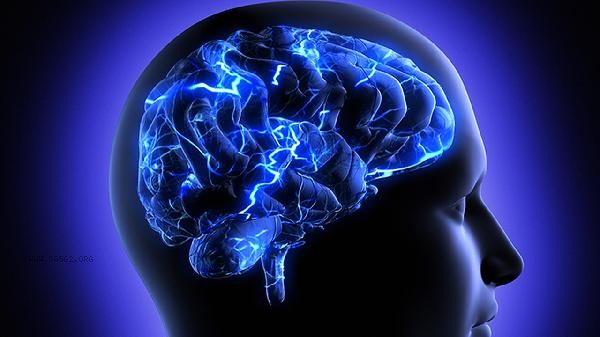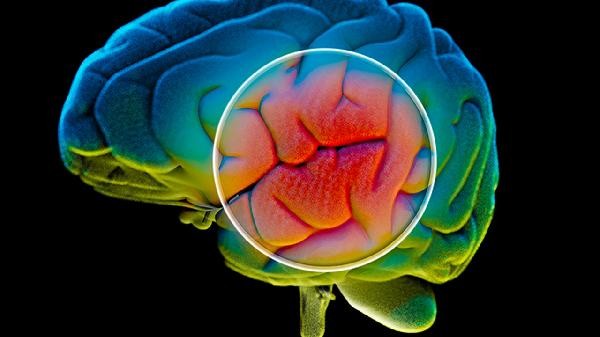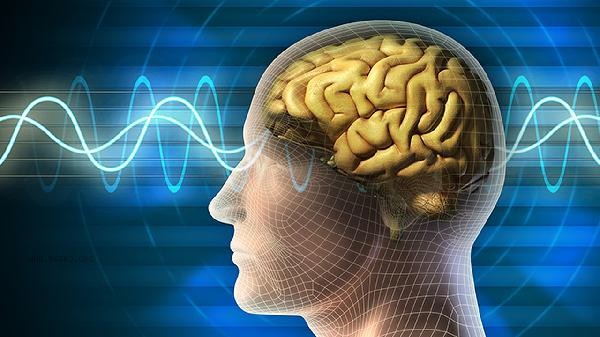A two to three second slice of the brain may be a manifestation of transient ischemic attacks or epileptic seizures, usually related to factors such as cerebral vasospasm, hypoglycemia, sleep deprivation, emotional stress, and organic brain diseases. It is recommended to seek medical attention promptly to investigate the cause and avoid delaying treatment.

1. Cerebral vasospasm
Temporary constriction of cerebral blood vessels may lead to insufficient blood supply to the brain, resulting in temporary interruption of consciousness. Commonly seen in patients with hypertension or long-term mental stress, it manifests as sudden dizziness and vertigo accompanied by transient memory loss. It can be relieved by monitoring blood pressure and improving lifestyle. In severe cases, calcium channel blockers such as nifedipine tablets should be used.
2. Hypoglycemic reaction
When blood sugar levels rapidly decrease, insufficient energy supply to the brain can easily cause momentary confusion. Patients with diabetes are prone to excessive use of hypoglycemic drugs and long time non eating, accompanied by cold sweat, shaking hands and other symptoms. Eating sugary foods immediately can relieve symptoms, but if recurrent episodes occur, adjust the glycemic control plan.
3. Sleep deprivation
Long term lack of sleep can cause dysfunction of the cerebral cortex, leading to microsleep. Manifested as uncontrolled transient loss of consciousness, commonly seen in people who stay up late or patients with sleep apnea syndrome. After improving sleep quality, symptoms often disappear, and multi-channel sleep monitoring is necessary when necessary.

4. psychological stress
Overventilation during acute anxiety attacks may lead to brain hypoxia, causing several seconds of consciousness interruption. Often accompanied by physical symptoms such as chest tightness and palpitations, it is common in patients with panic disorder. It can be relieved through abdominal breathing training, and recurrent episodes require psychological intervention combined with medication such as paroxetine.
5. epileptic seizures
Absence epilepsy is characterized by sudden pauses in consciousness, frozen facial expressions but no falls, and inability to recall after the seizure. EEG examination shows characteristic spike slow waves, which may be related to genetics or brain injury. Sodium valproate sustained-release tablets and other antiepileptic drugs can effectively control seizures.

It is important to maintain a regular daily routine and avoid excessive fatigue and emotional excitement. Moderate increase in deep-sea fish, nuts and other foods rich in omega-3 fatty acids in diet can help maintain cerebrovascular health. If the fragmentation occurs frequently or is accompanied by symptoms such as limb convulsions and speech disorders, immediate medical attention should be sought at the neurology department, and if necessary, head magnetic resonance imaging or dynamic electroencephalogram examination should be performed. Before engaging in high-risk activities such as driving and working at heights, it is important to ensure a stable physical condition to prevent accidents from occurring.







Comments (0)
Leave a Comment
No comments yet
Be the first to share your thoughts!